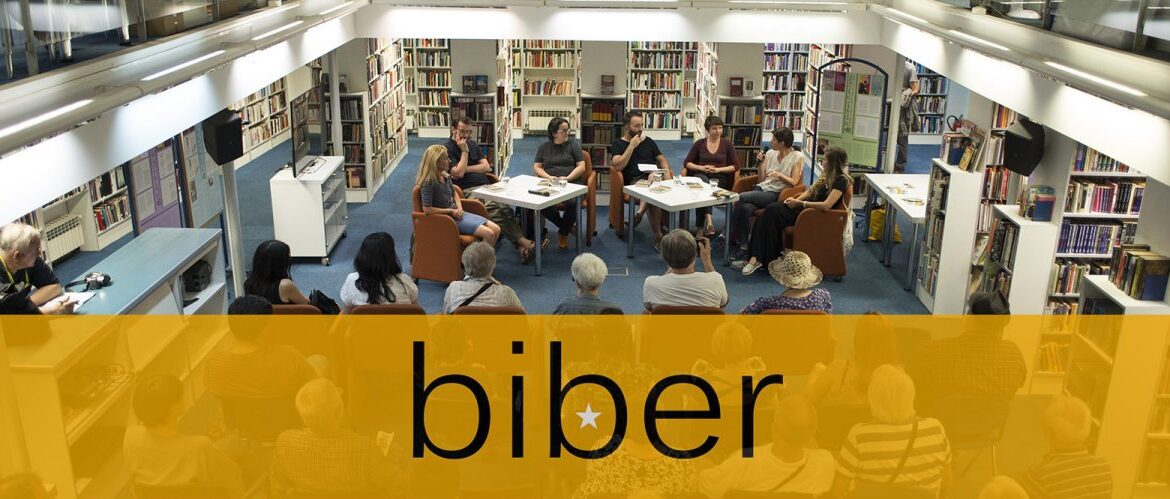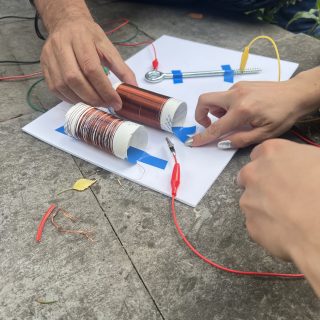The competition is open to both established and unpublished authors writing in Albanian, Macedonian, Bosnian, Montenegrin, Croatian or Serbian.
Competition Theme
The theme for the first two Biber competitions was reconciliation, but this time we have expanded it. In addition to stories about reconciliation in the context of the aftermath of the wars and violence in the countries of former Yugoslavia, the competition will now also accept stories contributing to better understanding among people, reducing hatred and dismantling prejudice, anti-war stories, stories about dealing with the past, deconstructing images of the enemy, empathy, courageous stories that dare walk in the “enemy’s” shoes, stories that push boundaries and open up the way to build a more stable, safer and freer future for all.
The competition is open until 10 June 2019.
At least twenty selected stories will be published in a multilingual collection.
The jury is made up of Lejla Kalamujić, Rumena Bužarovska and Shkelzen Maliqi.
The decision of the jury will be made public by the end of October 2019.
The competition is organised by the Biber team, with the support of the Centre for Nonviolent Action Sarajevo-Belgrade.
With this competition, we also want to contribute to a culture of translation and publication of authors from neighbouring countries and support activist authors in their continued efforts towards social change.
More information about the competition and entry requirements is available in the languages of the competition.
We would like to ask you to inform anyone you feel might be interested about this competition.
Biber & CNA team
About Biber:
Biber is a short story competition for activist stories in Albanian, Bosnian, Montenegrin, Croatian, Macedonian and Serbian.
The competition is organised by the Biber team of the Centre for Nonviolent Action Sarajevo-Belgrade.
We are a literary activist team brought together by the idea that art can inspire social change. We started Biber because we believe in a literature that is aware of its context and has the potential to intervene in its environment – to influence and to change, to give us all hope and a fighting chance.
Source: biber.nenasilje.org



